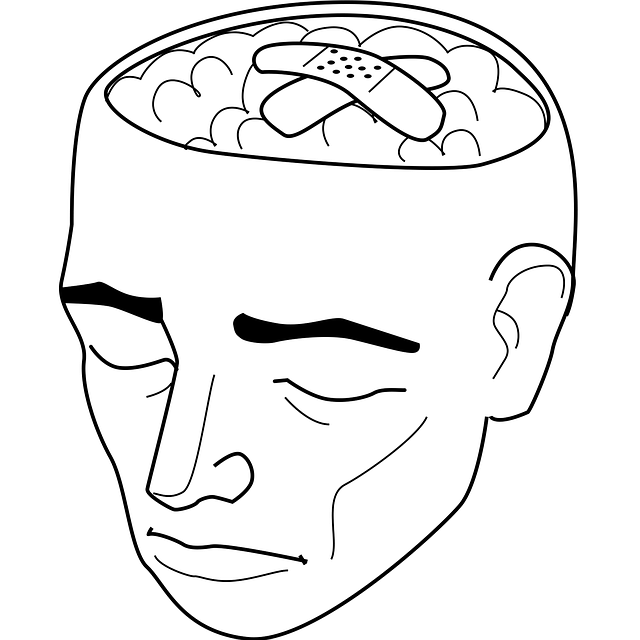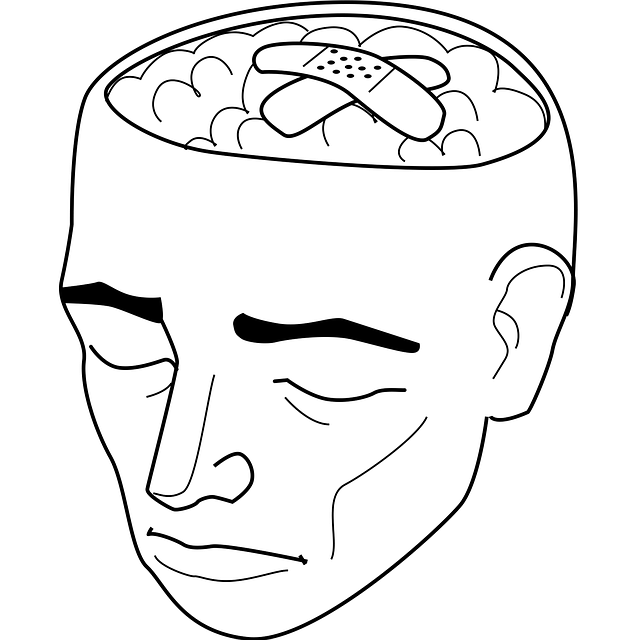Westminster Adolescent and Teen Therapy (WATT) empowers teens through evidence-based emotion regulation techniques, addressing hormonal shifts, social pressures, and self-discovery. They offer individual and group therapy using methods like active listening, cognitive reappraisal, mindfulness, and stress reduction to enhance self-awareness and coping skills. WATT's Mind Over Matter approach, combined with public awareness campaigns, fosters a safe environment for emotional expression and long-term mental well-being. By teaching teens to navigate intense emotions, they build resilience and improve overall mood control within families and communities.
Emotion regulation is a vital skill for adolescents and teens, helping them navigate the challenges of growing up. Understanding how to manage emotions effectively can prevent mental health issues and foster resilience. This article explores the importance of emotion regulation techniques, highlighting the role of specialized therapy like Westminster Adolescent and Teen Therapy in teaching these skills. We’ll delve into effective strategies and provide practical tips for implementing them at home, empowering teens to thrive.
- Understanding Emotion Regulation for Adolescents and Teens
- The Role of Westminster Adolescent and Teen Therapy
- Effective Techniques for Teaching Emotion Regulation Skills
- Implementing and Practicing These Strategies at Home
Understanding Emotion Regulation for Adolescents and Teens

Emotion regulation is a vital skill for adolescents and teens as they navigate their rapidly changing world. This period is often marked by intense emotions due to hormonal shifts, social pressures, and the development of a stronger sense of self. Understanding and managing these feelings can significantly impact a young person’s overall well-being and mental health. At Westminster Adolescent and Teen Therapy, we recognize that teaching emotion regulation techniques is crucial in helping our clients cope with life’s challenges.
Through various therapeutic approaches, we guide teens in identifying their emotions, labeling them accurately, and developing healthy strategies to respond rather than react. Communication strategies, such as active listening and open dialogue, foster a sense of safety and encourage young individuals to express themselves. Empathy-building techniques allow therapists to connect with clients on a deeper level, ensuring they feel understood and supported. Additionally, crisis intervention guidance equips teens with tools to de-escalate situations, promoting self-awareness and resilience in the face of adversity.
The Role of Westminster Adolescent and Teen Therapy

Westminster Adolescent and Teen Therapy (WATT) plays a pivotal role in empowering young individuals to navigate their emotional landscapes effectively. This specialized therapy service recognizes that adolescence is a crucial period for developing emotional resilience, a time when youth often face intense feelings and life transitions. Through evidence-based practices, WATT offers a safe space for teens to explore and understand their emotions, providing them with the tools to manage stress, anxiety, and other mental health challenges.
The therapy center’s approach is grounded in the Mind Over Matter principles, teaching coping skills development that empowers adolescents to take charge of their emotional well-being. By engaging in individual or group therapy sessions, teens learn to identify triggers, practice mindfulness techniques, and develop healthy strategies for expressing emotions. Additionally, WATT contributes to public awareness campaigns development, ensuring that both parents and their teenaged children have access to information and resources for early intervention and long-term emotional health.
Effective Techniques for Teaching Emotion Regulation Skills

Teaching emotion regulation skills is an essential part of adolescent and teen therapy, offered by professionals like Westminster Adolescent and Teen Therapy. Effective techniques should aim to enhance self-awareness and provide adolescents with practical tools for coping with intense emotions. One powerful method is cognitive reappraisal, where individuals learn to reframe negative thoughts and situations, thus changing their emotional response. This strategy encourages folks to identify and challenge distorted thinking patterns, fostering a healthier mindset.
Additionally, mindfulness exercises and meditation can significantly contribute to a teenager’s emotional well-being. Practicing present-moment awareness helps in recognizing and managing emotions as they arise. Self-awareness exercises, coupled with stress reduction methods, such as deep breathing or progressive muscle relaxation, enable adolescents to develop coping skills that promote calmness and composure during challenging situations. These techniques empower teens to navigate their emotional landscapes with greater ease and resilience.
Implementing and Practicing These Strategies at Home

Implementing emotion regulation techniques at home is a powerful step towards fostering resilience and well-being for adolescents and teens. The strategies learned in therapy sessions can be reinforced and practiced in everyday life, providing individuals with a sense of control over their emotional responses. At Westminster Adolescent and Teen Therapy, we emphasize the importance of family involvement and encourage clients to share what they’ve learned with their loved ones.
This process involves creating a safe and supportive environment where teens feel comfortable expressing their emotions freely. By practicing mindfulness exercises together or incorporating structured activities for mood management, families can enhance their cultural sensitivity in mental healthcare practice. Additionally, engaging in community outreach program implementation, such as group therapy sessions or educational workshops, allows individuals to connect with peers facing similar challenges, fostering a sense of belonging and mutual support while improving overall mood management skills.
Emotion regulation is a vital skill for adolescents and teens, and with the right guidance, they can learn to navigate their feelings effectively. The strategies outlined in this article, including those offered by Westminster Adolescent and Teen Therapy, provide a comprehensive framework for teaching these skills. By combining cognitive techniques, mindfulness practices, and behavioral strategies, parents and caregivers can empower teens to manage their emotions healthily. Implementing these techniques at home, with the support of professionals like Westminster Adolescent and Teen Therapy, can lead to significant improvements in emotional well-being and overall resilience.














